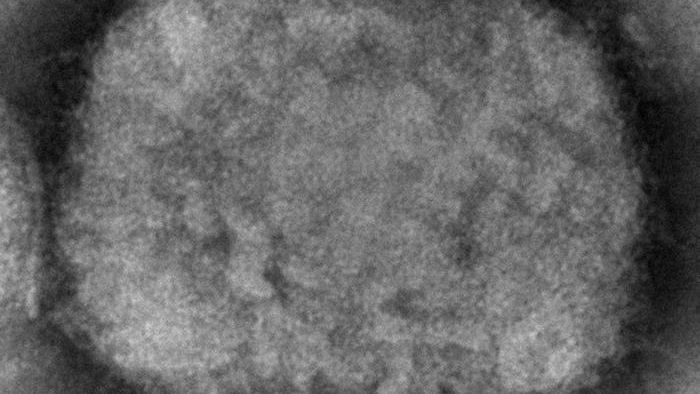
The Health Behaviour in School-aged Children (HBSC) study is a large school-based survey conducted every four years in collaboration with the WHO Regional Office for Europe. The data collected from the HBSC study is used to gain new insights into the health and well-being of adolescents, understand the social determinants of health, and inform policies and practices to improve the lives of young people. The 2021/2022 HBSC survey data is presented in a series of volumes that highlight key findings on specific health topics.
The latest report, Volume 3 in the series, focuses on adolescent substance use, utilizing data from adolescents aged 11, 13, and 15 years across 44 countries and regions in Europe, central Asia, and Canada. This report describes the prevalence of adolescent substance use, including cigarette smoking, electronic cigarette use, alcohol consumption, drunkenness, and cannabis use. It also explores the role of gender, age, and social inequality in substance use among adolescents, as well as how substance use behaviors have changed over time.
The findings from the 2021/2022 HBSC survey serve as an important benchmark for current research, interventions, and policy-planning efforts aimed at addressing adolescent substance use. By examining trends in adolescent substance use and identifying factors that contribute to these behaviors, stakeholders can develop targeted interventions and strategies to support adolescents in making healthier choices. The report provides valuable data that can be used to inform efforts to promote the health and well-being of young people across various countries and regions.





